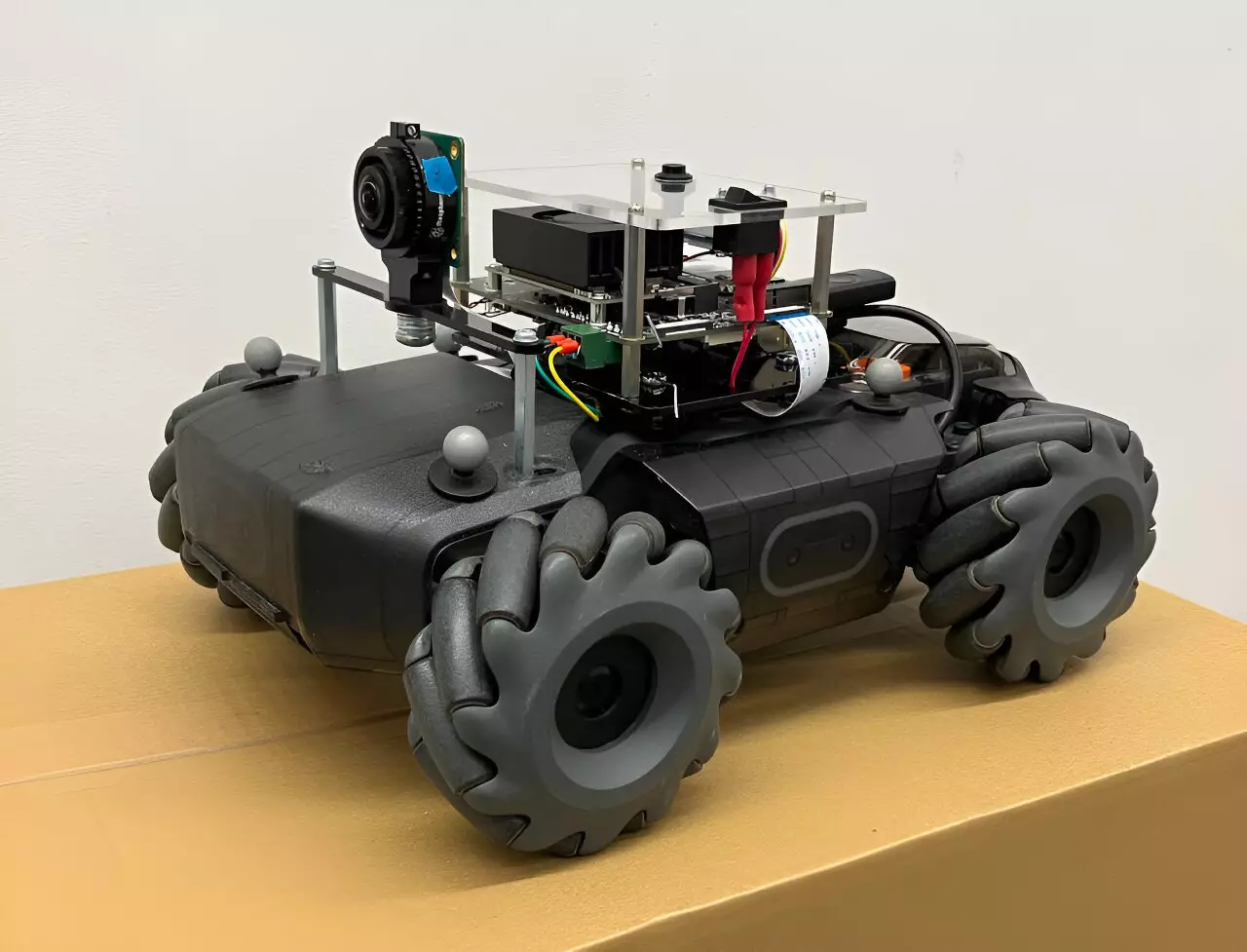The field of robotics has seen significant advancements in recent years, especially in the realm of multi-robot systems. Teams of robots have the potential to tackle complex missions that are beyond the capabilities of individual robots. The University of Cambridge has been at the forefront of this research, introducing the Cambridge RoboMaster platform, which is poised to revolutionize the way we approach multi-robot research.
Led by Principal Investigator Amanda Prorok, the research team at the University of Cambridge set out to develop a platform that would enable research in collective intelligence within multi-robot systems. The platform, based on customized versions of DJI RoboMaster S1 robots, was designed to meet specific requirements such as state-of-the-art computing power, speed, agility, and durability. Over the course of three years, the team continued to enhance the platform, adding more capable computers, sensors, and control software to improve its capabilities.
One of the standout features of the Cambridge RoboMaster is its perfect balance between size and capabilities. The customized DJI RoboMaster S1 robots developed by the team overcome the limitations of both smaller and larger robots, offering a powerful yet cost-effective solution for researchers. With a top speed of 4.5 m/s and full on-board autonomy, the platform is highly agile and effective for multi-robot experiments in indoor environments. Additionally, the platform’s affordability at around $700 makes it accessible for a wide range of researchers and institutions.
Applications of the Cambridge RoboMaster
The versatility and reliability of the Cambridge RoboMaster make it an ideal tool for a variety of research demonstrations and practical applications in multi-agent systems. The platform has already been tested in various scenarios, demonstrating its power-efficiency and versatility in navigating indoor and outdoor environments. While the platform is not intended for direct use in real-world settings, it serves as a valuable research tool for testing algorithms applicable in multi-agent navigation, with potential applications in warehouse automation, logistics, and more.
Future Directions
Looking ahead, the research team at the University of Cambridge has ambitious plans to further enhance the capabilities of the Cambridge RoboMaster platform. By focusing on improving on-board sensing, decentralized communication, and control, the team aims to push the limits of multi-robot and multi-agent systems research. Additionally, there are plans to explore the use of the platform as a bridge for deploying research to drones, expanding the scope of applications for the platform. With ongoing developments and advancements, the Cambridge RoboMaster is poised to play a pivotal role in shaping the future of multi-robot research.
The Cambridge RoboMaster represents a significant advancement in the field of multi-robot research, offering a powerful and versatile platform for experimentation and innovation. With its unique combination of affordability, advanced capabilities, and accessibility, the Cambridge RoboMaster is well-positioned to drive progress in the study of collective intelligence in multi-agent systems. As researchers continue to explore the possibilities afforded by this groundbreaking platform, the future of multi-robot research looks brighter than ever before.


Leave a Reply